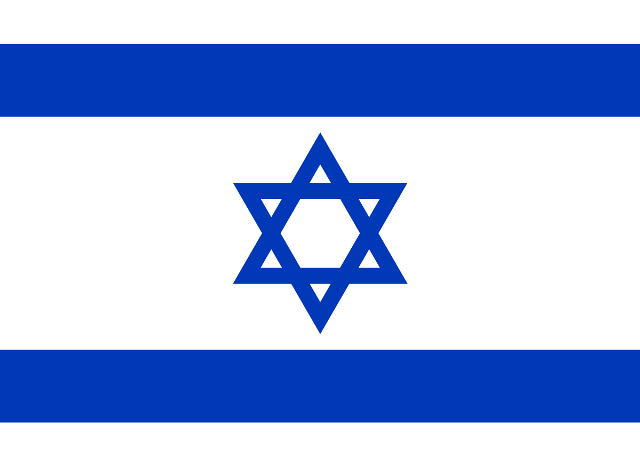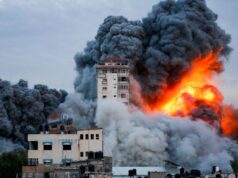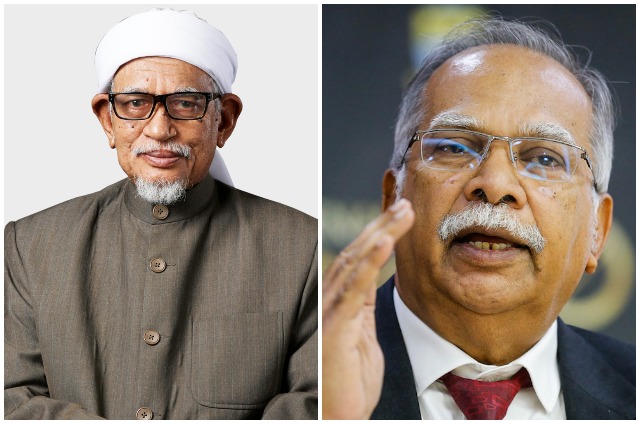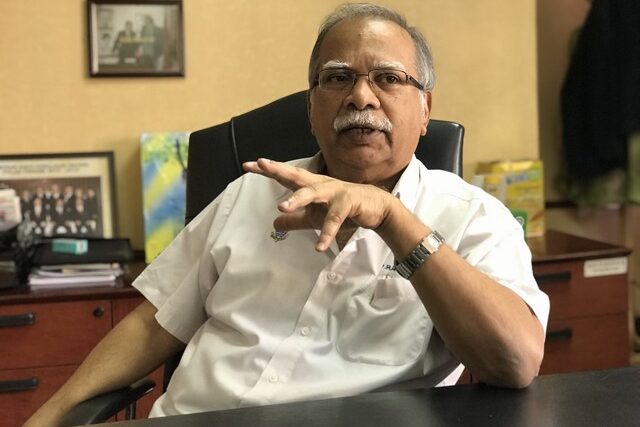
By Mohd Haikal Mohd Isa
KUALA LUMPUR – In recent years, Tel Aviv has been engaging in aggressive military diplomacy in Southeast Asia by selling weapons to several countries in the region, in its bid to establish closer bilateral ties.
The Jewish state’s defence industry, backed by a long history of battlefield experience with its Arab neighbours, has been eyeing the region’s multi-billion dollar arms market which for decades has been dominated by companies from the United States, Russia and Europe.
Countries in the region, spurred by their rapid economic growth and newfound wealth, have been beefing up their armed forces with Israeli-made weapons, ranging from precision-guided missiles, drones, radar, fast attack boats to assault rifles.
Thailand, the Philippines, Vietnam and Myanmar have followed Singapore’s footsteps in establishing closer military and security cooperation with Tel Aviv.
But why the sudden preference for weapons from a country labelled by some as a “terrorist state” for its blatant killing and inhumane treatment of Palestinians?
Geostrategist Prof Dr Azmi Hassan said one possible reason why several Southeast Asian countries chose Israeli-made weapons could be the “no strings attached” policy adopted by the Jewish state in its arms sales.
“Several ASEAN countries have chosen Israeli-made weapons and not from the US or Russia because it’s easier to purchase weapons from Tel Aviv. Countries like the Philippines and Myanmar, which do not have a good human rights record, would face restrictions, for example from the United States Congress, if they want to acquire arms from Washington, but not Israel. Tel Aviv does not impose those restrictions. For Israel, their main objective in selling arms to countries in the region is economic and foreign policy,” he told Bernama.
 The Philippines under President Rodrigo Duterte (pic) has come under heavy criticism from the United Nations and human rights groups for its violent war against drug pushers in the country, while Myanmar has received flak for inflicting untold suffering on the country’s ethnic Muslim Rohingya.
The Philippines under President Rodrigo Duterte (pic) has come under heavy criticism from the United Nations and human rights groups for its violent war against drug pushers in the country, while Myanmar has received flak for inflicting untold suffering on the country’s ethnic Muslim Rohingya.
Myanmar’s military, known as the Tatmadaw, has been accused of committing genocide against the Rohingya, causing tens of thousands of them to flee to neighbouring countries including Malaysia in a desperate bid to escape the slaughter.
Myanmar reportedly purchased six Super “Dvora” fast attack boats from Israel to boost the capability of its navy.
Faced with restrictions from their traditional arms supplier, Manila and Yangon have been turning to Israel for their supplies of high-tech weapons, which the Jewish state duly obliged for commercial as well as diplomatic reasons.
Shunned by the world due to the Palestinian issue, Tel Aviv has been eager to forge new friendships and influence in Southeast Asia, using its arms exports as a foreign policy tool.
“It is not surprising because both nations (the Philippines and Myanmar) do not have any constraints especially regarding the Palestine issue,” Azmi said, adding that the close defence and security cooperation between the two countries with Israel has now extended to overall bilateral ties.
“Looking at the obvious case of Myanmar and the Philippines, it can be postulated that the current leaders of these two ASEAN nations are more inclined towards Israel,” he said.
Two months ago, elite soldiers from the Israel Defence Force (IDF) trained members of the Philippine special forces in urban warfare and counter-terrorism operations, a clear result of the closer defence ties cultivated under the administrations of Duterte and Prime Minister Bibi Netanyahu.
“The Counter-Terrorism Trainer’s Training (CTTT) is the first training collaboration between the Philippine Army and the IDF to be held in the Philippines,” Philippine Army spokesman Lt. Col. Ramon Zagala was quoted as saying.
The historic training was a follow-up to the various arms purchases made by the Armed Forces of the Philippines (AFP) from Israel including for drones, howitzers, SPYDER anti-aircraft missiles and other small arms.
Despite both armed forces welcoming the stepped-up cooperation, observers in the Philippines have questioned whether the closer Manila-Tel Aviv defence ties would inflame the country’s Muslim population, putting its military campaign against Al-Qaeda linked groups in the southern part of the country in peril.
Vietnam is another country in Southeast Asia which in recent years has emerged as another big fan of Israel’s defence system, acquiring missiles and small arms for its armed forces.
According to data released by the Stockholm International Peace Research Institute (SIPRI), almost half of Israel’s arms exports last year worth US$7.5 billion (RM31.5 billion) were purchased by Asia Pacific countries.
— BERNAMA










